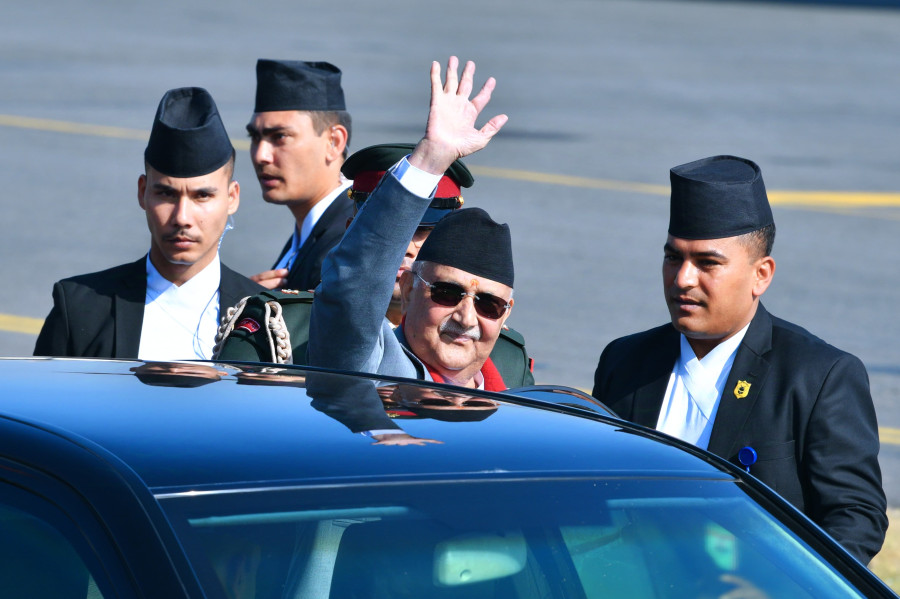Prime Minister Oli's Controversial Flight Choice: National Pride Undermined or Strategic Move?

Prime Minister KP Sharma Oli's recent decision to travel to China on a special chartered flight operated by Himalaya Airlines has ignited widespread debate. Traditionally, heads of government use the national carrier—Nepal Airlines—for such formal visits, as it symbolizes national pride and sovereignty. However, PM Oli’s preference for Himalaya Airlines, a private airline with strong ties to China, has drawn criticism for undermining these principles.
Himalaya Airlines: A Controversial Entity
Himalaya Airlines operates as a joint venture between Nepal and China, with Chinese stakeholders being major investors. The airline regularly conducts flights between Nepal and China, and its connections with the Chinese government have often been viewed skeptically. Many perceive the airline as a strategic asset of China, raising concerns about its influence over Nepal's aviation and economic sectors. Past controversies surrounding its management and operational practices have only fueled these suspicions.
International Protocols on Official Travels
Globally, high-ranking officials travel using government-operated aircraft to ensure security, display national pride, and uphold state interests. For example:
- The President of the United States uses Air Force One, a government-owned and operated aircraft.
- The Prime Ministers of the United Kingdom and India also rely on national carriers or specially designated government aircraft for international travels.
These practices symbolize respect for state resources and reaffirm the prominence of national institutions on the global stage. Nepal, being a smaller nation, could benefit immensely from adhering to such traditions to bolster its identity and dignity.
A Clash Between Words and Actions
Critics argue that PM Oli's decision reflects a disconnect between his rhetoric and actions. As a vocal proponent of socialism and self-reliance, his choice to sideline Nepal Airlines in favor of a private, China-linked airline has raised questions about his commitment to national pride and state-backed institutions. This incident has further highlighted longstanding concerns regarding the neglect of Nepal's government-owned enterprises, such as Nepal Airlines, which faces operational and financial challenges despite its symbolic importance.
The Path Forward: A Need for Policy Change
Moving forward, Nepal must prioritize strengthening its national carrier and leveraging it for official visits to enhance its reputation and economic stability. Such a shift would not only underscore Nepal’s sovereignty but also serve as an investment in restoring public trust in state institutions.
PM Oli’s choice has sparked an important national dialogue on accountability, symbolism, and the strategic use of national assets. It remains to be seen whether this will prompt meaningful policy changes or be remembered as a missed opportunity to reaffirm Nepal’s commitment to its own institutions.




![From Kathmandu to the World: How Excel Students Are Winning Big [Admission Open]](https://nepalaaja.com/img/70194/medium/excel-college-info-eng-nep-2342.jpg)
